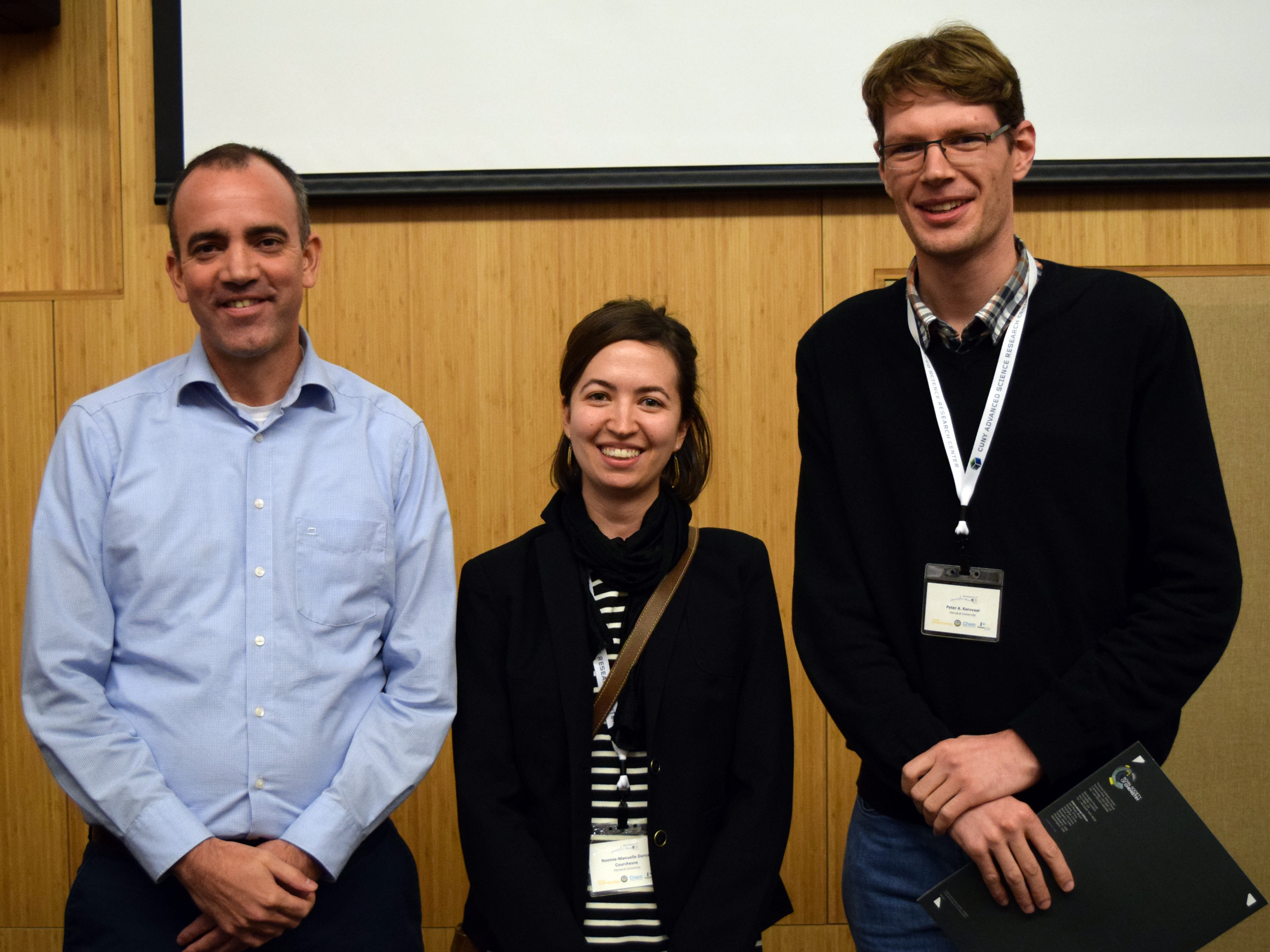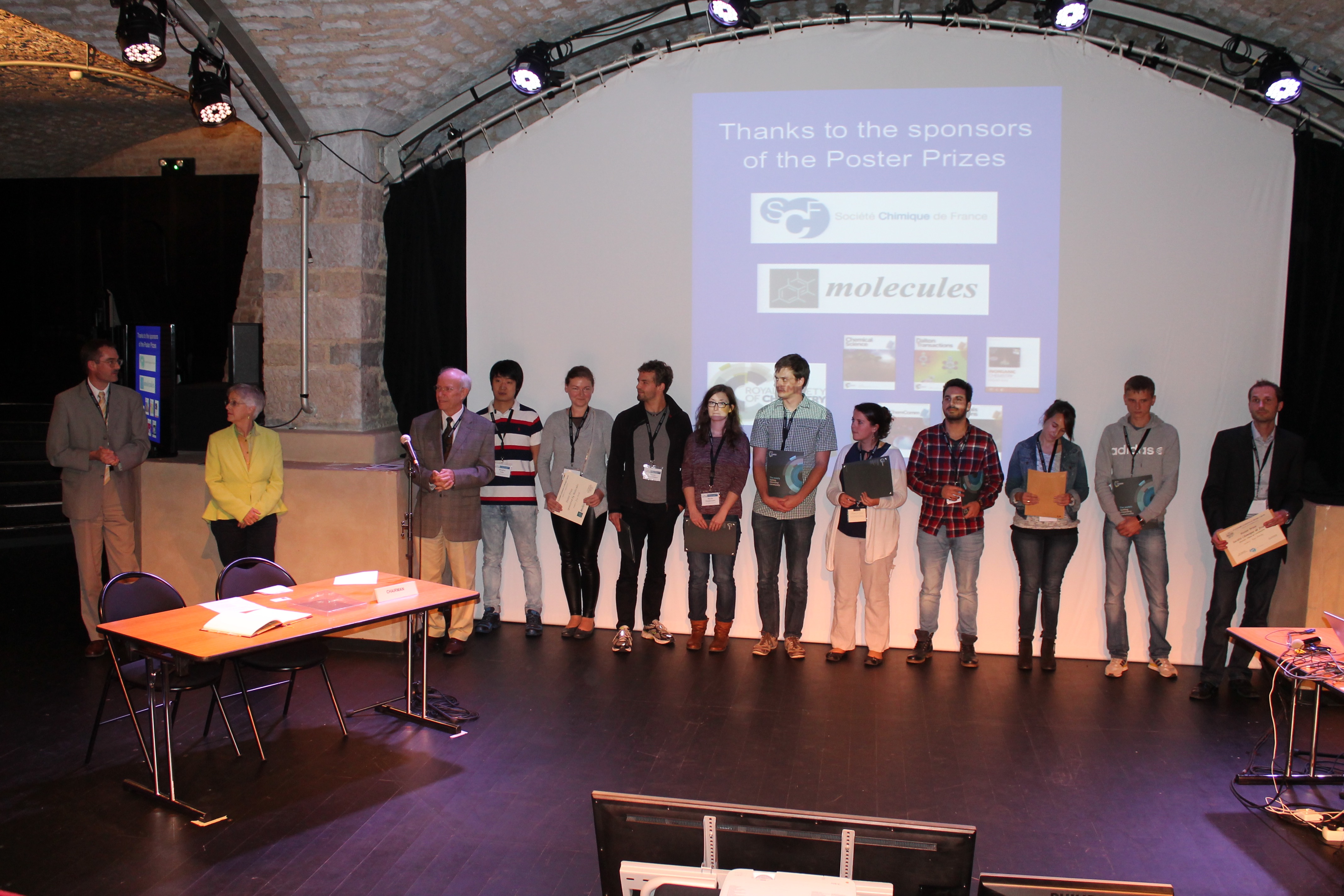Materials Horizons Focus articles are now free to access and will include past as well as current articles which have been compiled below. We hope that you enjoy reading them and remember to check back as this will be regularly updated.
Principles and Implementations of Electrolysis Systems for Water Splitting
Chengxiang Xiang, Kimberly M Papadantonakis and Nathan Lewis
Mater. Horiz., 2016, Accepted Manuscript
DOI: 10.1039/C6MH00016A, Focus
Fermi level, work function and vacuum level
Antoine Kahn
Mater. Horiz., 2016, 3, 7-10
DOI: 10.1039/C5MH00160A, Focus
A gentle introduction to the noble art of flow chemistry
James H. Bannock, Siva H. Krishnadasan, Martin Heeney and John C. de Mello
Mater. Horiz., 2014, 1, 373-378
DOI: 10.1039/C4MH00054D, Focus
Mind the gap!
Jean-Luc Bredas
Mater. Horiz., 2014, 1, 17-19
DOI: 10.1039/C3MH00098B, Focus
















